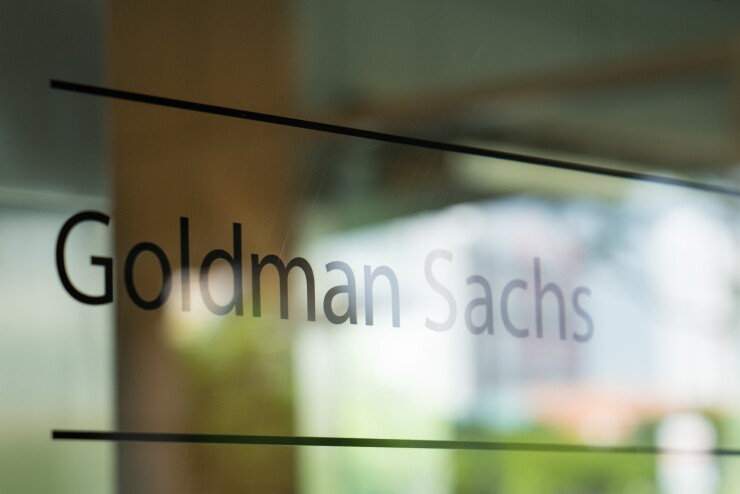Fintechs, startups and bank-led projects were already working to excise generations of inefficiencies out of supply chains. The coronavirus has heightened the need for smooth payments.
The pandemic could actually favor competitors in this market by creating a network effect.
Goldman Sachs and SAP have agreed to pair the bank’s cross-border payments rail with Ariba, a B2B payments marketplace that’s a unit of SAP.

By tying to Goldman Sachs, SAP hopes to enable local currency payment to suppliers. Much of the new technology that has entered supply chain finance in the past few years has used cloud computing or blockchain to remove time and fee-extracting third parties for international payments. A large part of that process is removing costs for correspondent banking.
These issues were always problems for businesses, but the pandemic has been particularly severe. Small businesses have been hurt, and borders have been shut internationally, with slower travel within the U.S.
There have been three main impacts on supply chains, according to
“SAP’s customers are looking to effectively manage their cash and liquidity needs given the market disruption,” said Sean Thompson, executive vice president of network and ecosystem for SAP Procurement solutions, adding the “local currency” feature can help lower FX risk. “Buyers can also achieve lower foreign exchange fees pre-negotiated with Goldman Sachs. And companies can achieve greater visibility into payment status and cash positions, which is critical in this time of uncertai ty and strained supply chains.”
Supply chains maintain paper-processes, even as payments become more digital, creating latency which can cloud balance sheets even in the best of times.
“Businesses operating in this global economy, managing cross-border payments, often suffer a lack of clarity on bank fees and foreign exchange rates,” Thompson said. “Plus, with lots of manual processes still in place, reconciliation and analytics present a significant challenge.”
Cross-border payments and supply chains have drawn ample attention from banks and investors, creating a competitive market.
Before SAP and Goldman Sachs' deal, other large banks and payment companies were partnering or combining units to improve B2B payments and supply chains, often to comply with PSD2's data sharing rules.
Bottomline Technologies has partnered with a growing network of banks, including a recent deal with
The coronavirus may favor bank-led cross-border supply chain initiatives over newer fintech startups or cloud-based firms, given the banks’ existing scale and their histories with prior economic downturns, which many challenger banks and newer fintechs do not have, said Sam Maule, U.S. managing partner for 11:FS, a digital financial services technology company.
“This is really not a time for massive test cases to see how well things work,” Maule said. “Firms like SAP and Goldman are likely steady enough to ride this out.”
A cost-conscious environment also favors an expansion of pre-existing B2B automation projects rather than new ventures, at least in the short term, according to Maule. “Everyone is going to be looking at capital spend, what can you delay or push back,” he said.





